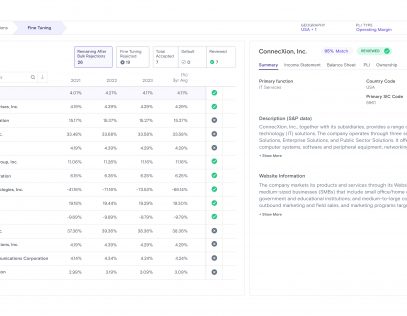I am not an attorney by trade, so I never expected to be following court cases. But these days, it’s hard to talk about transfer pricing without discussing the implications of recent high-profile cases like Coca-Cola and McDonald’s because the outcomes highlight key issues that impact our clients.
As a reminder, in 2020, Coca-Cola went to court after a years-long tangle over the transfer pricing of intangible goods. While there’s a lot to this case, the primary focus was around DEMPE functions, resulting in a $3.3 billion tax bill for Coca-Cola and new ammunition for the IRS in terms of transfer pricing audits. (You can read more about it, here). For me, one of the most important take-aways was that a company cannot be complacent about its transfer pricing arrangements because that was part of Coca-Cola’s defense. I strongly believe that the business story needs to be evaluated and analyzed continuously from an intercompany dealings’ perspective because market needs, customer behavior, and business models continue to evolve.
And then there is McDonald’s, also a case focused around IP, where the fast-food giant was investigated for profit shifting via royalty payments for tax years 2009 to 2020. The French tax authorities suspected McDonald’s of tax evasion by transferring royalty into low-tax jurisdictions, but oddly enough, the criminal investigation was initiated with a raid based on employee complaints.
While McDonald’s makes no formal concession of guilt, the company has agreed to pay a criminal fine of €508 million and €609 million in back taxes and penalties. Yes, transactions involving royalty fees are being scrutinized more than ever, but what’s scary for me is that this transfer pricing issue was being targeted as a criminal tax evasion case. This isn’t the first instance, and certainly won’t be the last, where transfer pricing arrangements may create criminal implications.
Trust me, I’m not judging any of these companies’ transfer pricing positions and legal outcomes because these issues arise for many multinationals whether or not they engage in “aggressive tax planning” or operate as pillars of the tax-paying community. But keeping informed and proactively applying our learnings from these outcomes is, in my opinion, the best way I know to support our numerous multinational clients and make sure they’re prepared for today’s transfer pricing landscape, which as you’ll see from these cases, is changing all the time.









